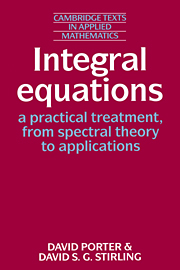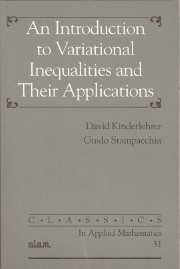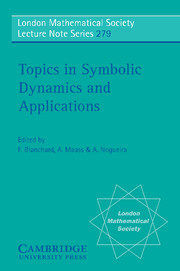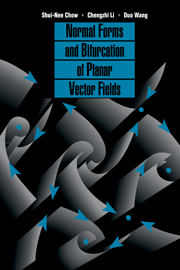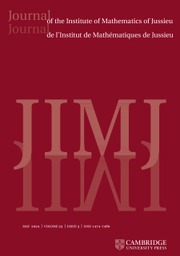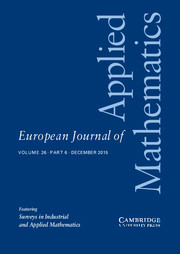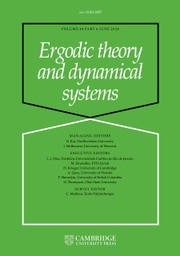Theory and Applications of Hopf Bifurcation
The `Hopf Bifurcation' describes a phenomenon that occurs widely in nature: the birth of a family of oscillations as a controlling parameter is varied. In a control system consisting of an engine with a centrifugal governor, for example, when the amount of damping associated with the governor is decreased, oscillations can arise, which may significantly disturb normal operation of the engine. Similar oscillations occur in a vast range of situations: animal populations sometimes begin to fluctuate as environmental conditions change, aircraft wing panels begin to flutter in a wind-tunnel as the flow velocity is increased, and nerve tissue initiates production of repeated action potentials as a current stimulus is increased, etc. The phenomena can be described by modelling in terms of systems of ordinary, delay or partial differential equations.
Product details
June 1981Paperback
9780521231589
320 pages
228 × 152 mm
0.43kg
Unavailable - out of print
Table of Contents
- 1. The Hopf Bifurcation Theorum
- 2. Applications: Ordinary Differential Equations (by hand)
- 3. Numerical Evaluation of Hopf Bifurcation Formulae
- 4. Applications: Differential-Difference and Integro-differential Equations (by hand)
- 5. Applications: Partial Differential Equations (by hand).


